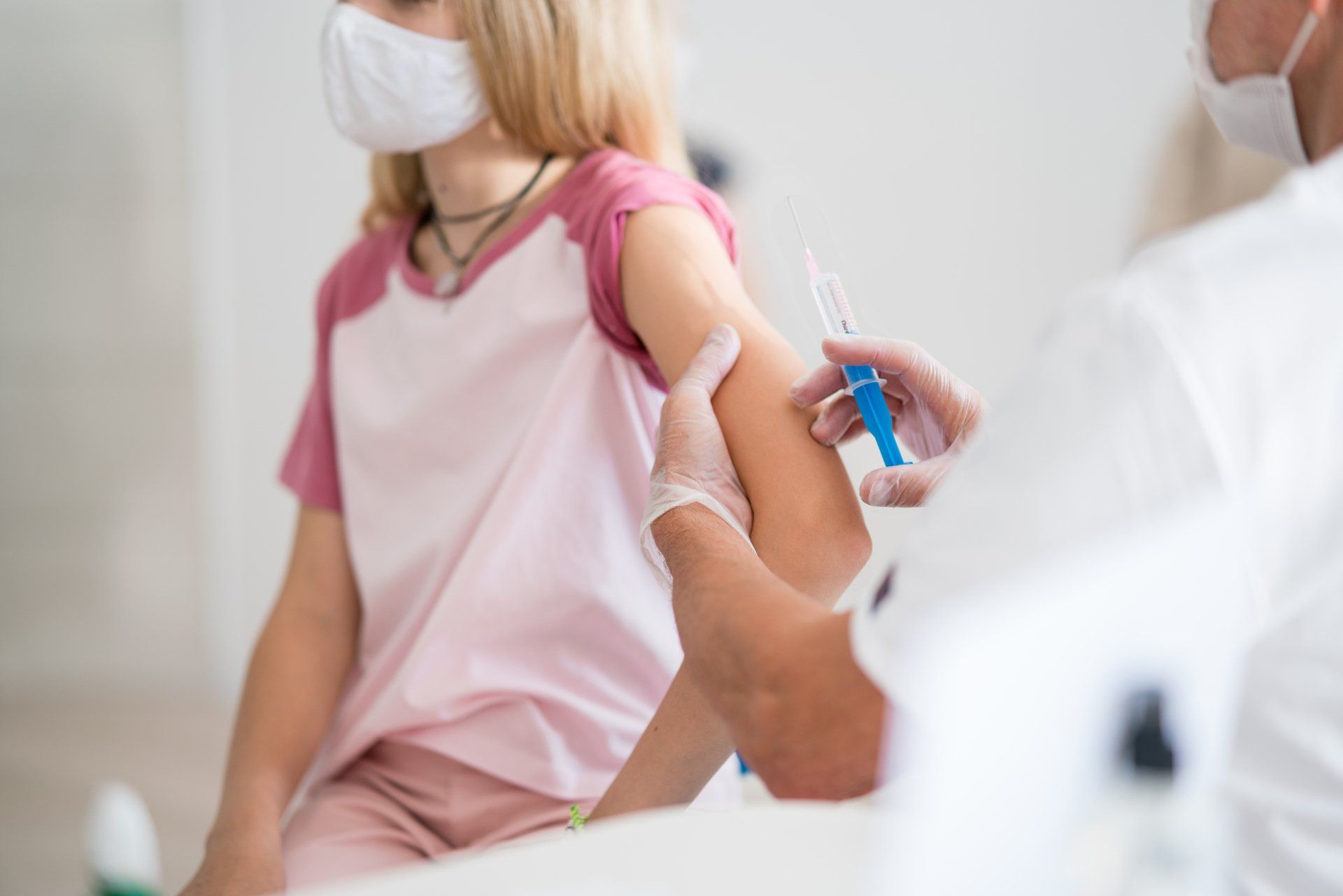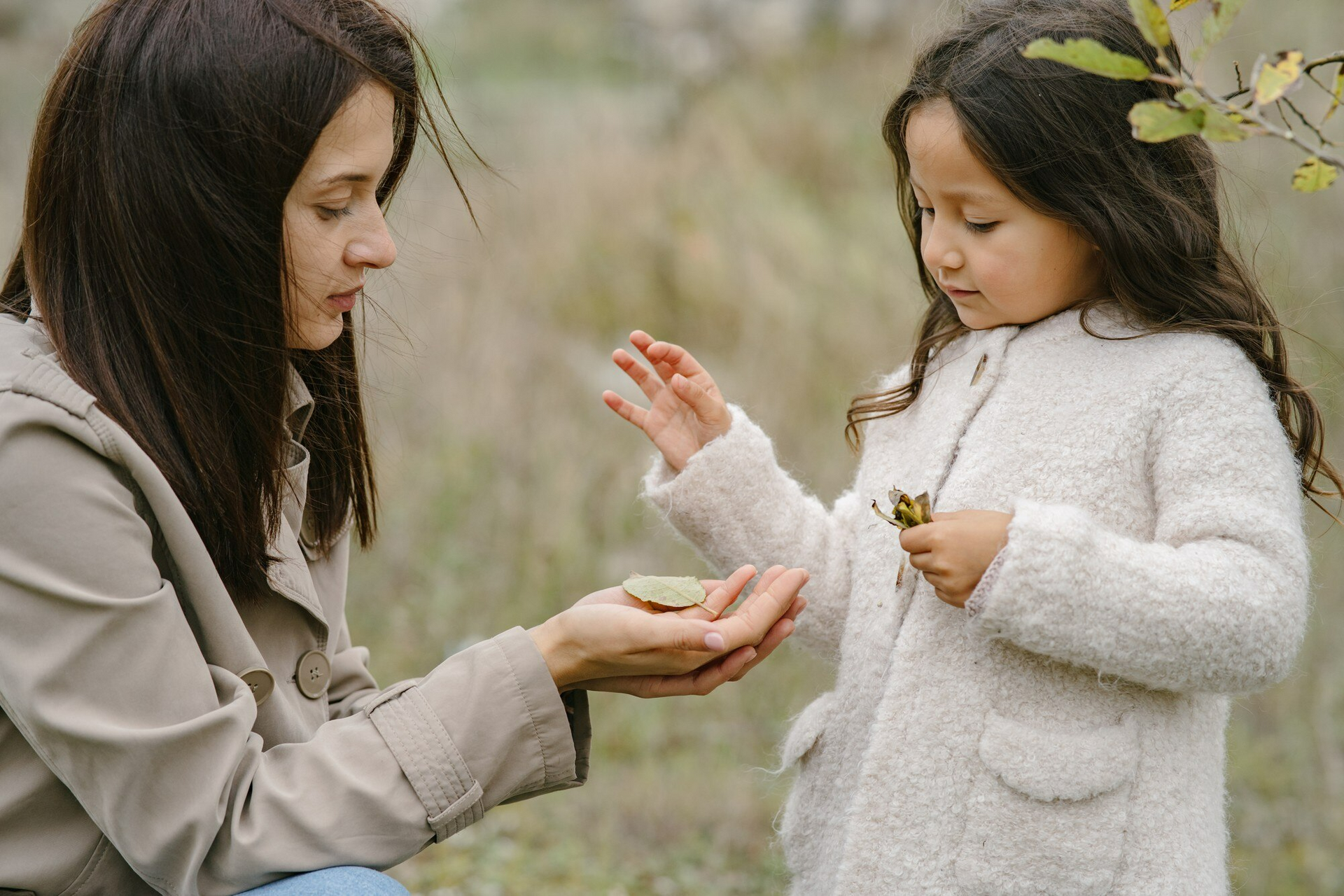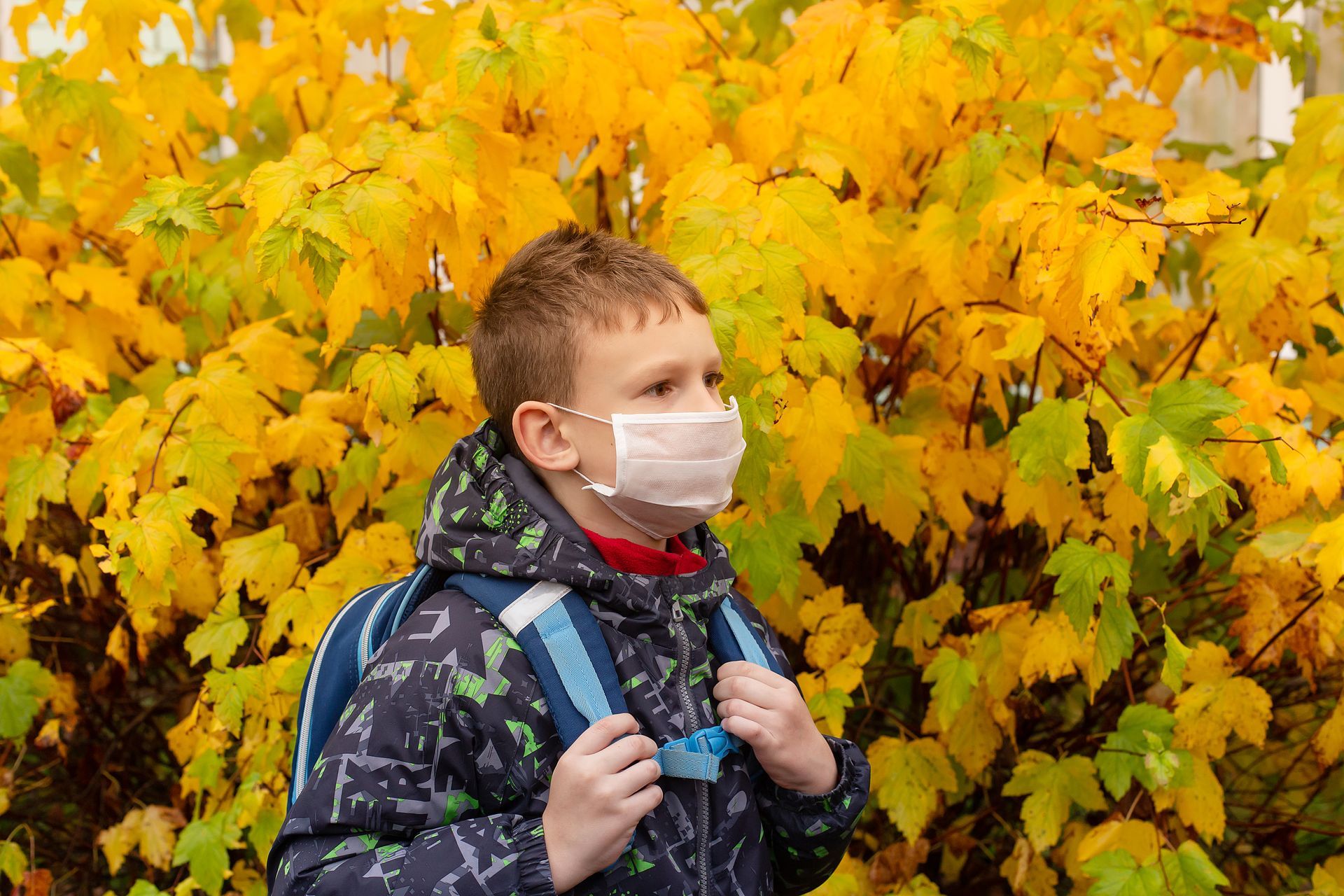COVID Vaccines and Children: Facts and Myths

Overview
As of this writing, the Pfizer COVID vaccine is available for children age 5 and older. Currently, the Moderna vaccine and the Johnson and Johnson vaccine are available for adults over the age of 18.
But in the coming months, the vaccine will likely be available for children under age 5. Whether you are a big vaccine advocate or not, you might have questions about the COVID vaccine, including its safety and efficiency.
While there seems to be no shortage of opinions or views on the COVID vaccine, not everything you read on social media or hear from a friend is accurate. Keep reading below as we try to separate some of the myths of the COVID vaccine from reality.
Myth: The vaccine was rushed.
This is one of the persistent myths surrounding the COVID vaccine. It might seem like the COVID vaccine was rushed. But the manufacturers were required to go through the same clinical trials as any vaccine has in the past.
Additionally,
according to Johns Hopkins Medicine, the method used for creating the COVID vaccines has been in development for years before the pandemic, which also helped speed things along.
The reassuring fact is, the scientific scrutiny was the same as with past vaccines, but the federal government implemented procedures to reduce the red tape. Reducing the red tape allowed the vaccine to receive emergency use authorization faster than in the past.
Myth: Kids do not get sick with COVID, so they do not need the vaccine.
Although less often than adults, kids do get infected with COVID. According to the Centers for Disease Control and Prevention, children don’t usually get as sick and have fewer hospitalizations than adults. But kids can still get COVID and spread it to other people. Although severe disease is less common in kids, it does occur. Children have required ICU care and some have died from the infection.
Additionally, a rare complication called multisystem inflammatory syndrome MIS-C has developed in children that had COVID. MIS-C can cause weakness, abdominal pain, and a rash. In some cases, it can lead to lasting organ damage.
Myth: The vaccine could affect my child’s fertility down the road.
It is not clear how the association between fertility and the COVID vaccine took hold. But this myth persists on social media. The reality is the vaccine works by using messenger RNA to instruct the cells how to make a specific spike protein found on the surface of the SARS-Cov-2 virus. The immune system goes into action and responds by making the antibodies that protect against COVID-19. No material is transported into the cell’s nucleus. It cannot affect the reproductive organs, sperm, or eggs.
Myth: The vaccine could give my child COVID.
This myth is pretty easy to dispel. The COVID vaccine does not contain a live or dead virus, so it cannot cause a COVID infection. While your child may get mild side effects from the vaccine, the symptoms are not a COVID infection.
Myth: The vaccine causes severe side effects
The COVID vaccines appear to be safe for most people. But vaccines, in general, can cause side effects, and that includes the COVID vaccine. Keep in mind, severe side effects are rare and can also occur with other vaccines. During the clinical trials, the extent and severity of side effects were heavily scrutinized.
In adults and children ages 12 to 18, it appears the most common side effects are pain at the injection site as well as chills, fever, headache, and joint and muscle pain. Most side effects clear up in a day or two. The side effects in children under 12 are expected to be similar to older children and adults.
Myth: The vaccine may not be safe for kids under 12.
The Federal Drug Administration examines the clinical trials carefully and decides what age group to authorize use while research continues. Extra caution is being used with children. A kid’s immune system is somewhat different from an adult. Their immune system response may also differ based on the age of the child. So, research that was carried out on adults and teens also has to be done on younger kids. That extra time and precautions are assuring the vaccines are safe for children as young as six months.
Tips for Parents
The more you know, the better you can make an informed decision. Consider the following suggestions:
Educate yourself: Learn as much as possible about the vaccines. Go to reputable sites, such as the CDC, to learn more about the COVID vaccine. What we know so far is millions of people have received the vaccine, and it appears to be safe for most. We also know that both the Pfizer and Moderna vaccine appears to have about a 95% efficacy in reducing the risk of COVID infection. The vaccines also appear to be equally effective across different genders, ages, and races.
Talk with your child’s doctor: If you have concerns about the COVID vaccine, talk with your child’s pediatrician. Don’t be afraid to express your concerns or ask any questions.
Stay tuned: Watch for more data to come out about the vaccines and children under 12. Currently, the vaccine is in trials for children as young as six months. Initial data is expected in the Fall of 2021.
Sang Pediatrics strives to offer the latest in valuable information to our patients. We provide state-of-the-art pediatric care in the Fresno area.
Other Sources
https://www.hopkinsmedicine.org/health/conditions-and-diseases/coronavirus/misc-and-covid19-rare-inflammatory-syndrome-in-kids-and-teens
https://www.yalemedicine.org/news/covid-19-vaccine-comparison










